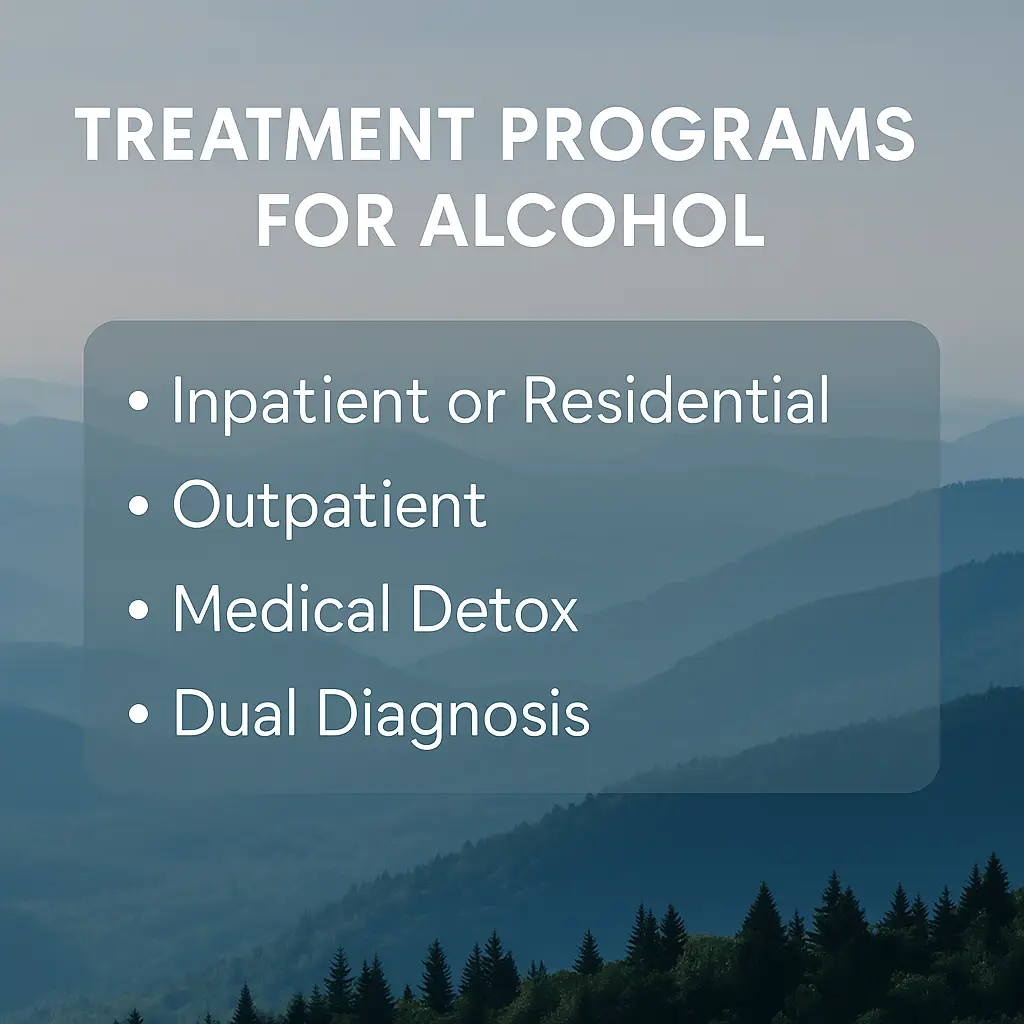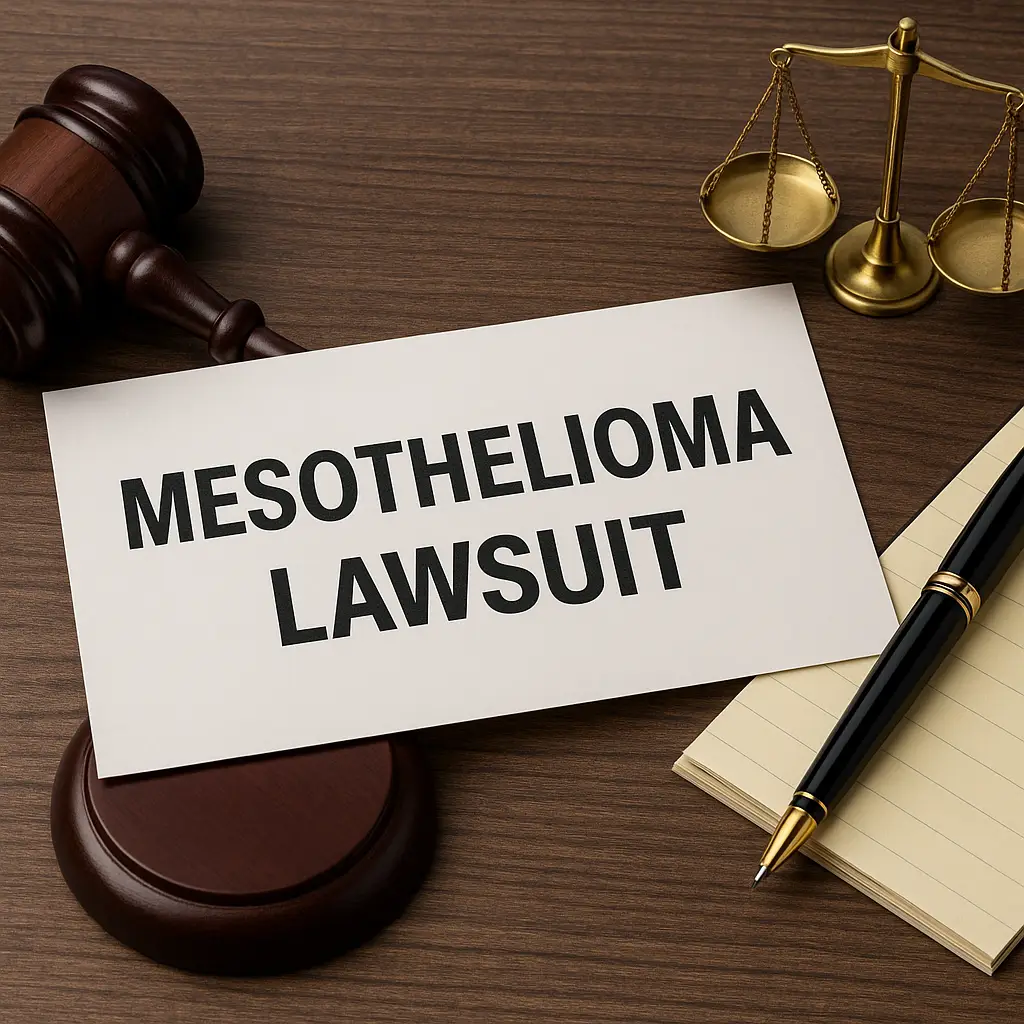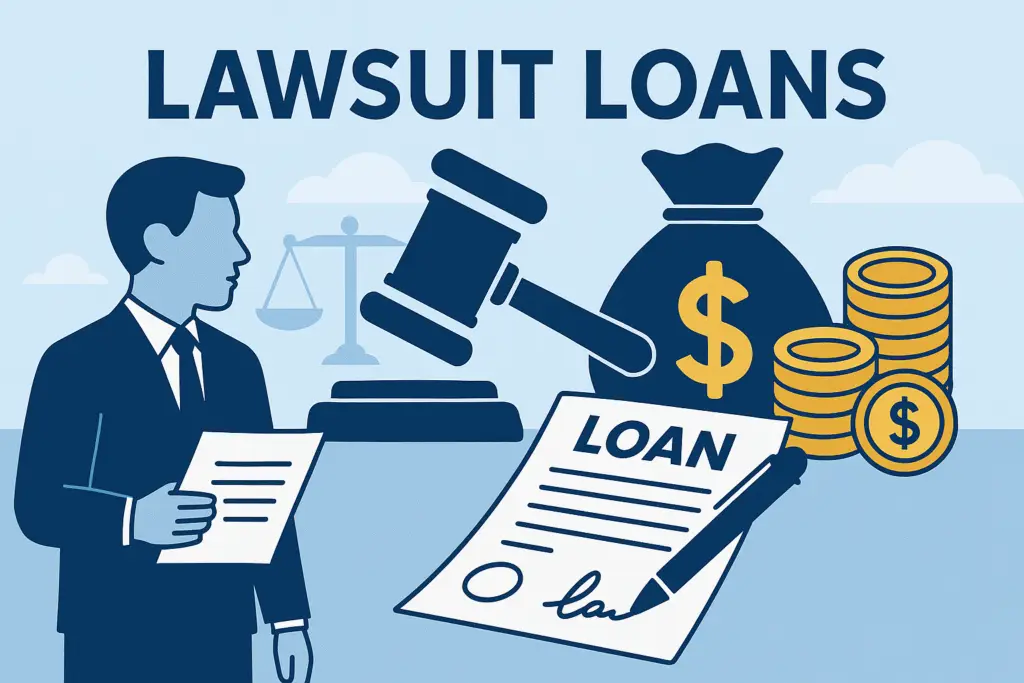Understanding the Role of a Personal Injury Lawyer: A Complete Guide
Introduction
It is an unfortunate truth that anyone can be in an accident at anytime and without warning. Whether it’s an automobile accident, a fall, malpractice or a work accident, the results can be physically, emotionally and financially catastrophic. This is where a personal injury lawyer comes in as an invaluable champion for justice. These lawyers focus on aiding victims who have suffered injury or loss through no fault of their own.
We’re going to cover personal injury Lawyer, what they’re here to do and be for you, why you’d potentially need one, how to select the right one, and a lot more.
What Exactly is a Personal Injury Lawyer?
A personal injury lawyer is a lawyer who provides legal services to those who claim to have been injured, physically or psychologically, as a result of the negligence of another person, company, government agency or any entity. They are tort lawyers, and deal with civil lawsuits for damages incurred due to someone on the other end.
The scope of personal injury law is broad and can include, but is not limited to:
- Car and motorcycle accidents
- Truck accidents
- Pedestrian and bicycle crashes
- Slip and fall accidents
- Medical malpractice
- Nursing home abuse
- Product liability
- Workplace injuries
- Construction accidents
Why You Might Need a Personal Injury Lawyer
The decision of whether or not to hire a personal injury attorney can also have a dramatic impact on the results of your case. The following are but a few reasons why it is crucial to consult a lawyer:
- Legal expertise and understanding Personal injury laws can be complicated and differ from state to state. [lawyer] Lawyers are familiar with these laws and how they pertain to your particular case.
- Get Maximum Compensation Insurance companies will be looking to pay out as little as possible. A personal injury attorney can represent you and ensure you receive a just compensation for medical costs, lost wages, pain and suffering, and any other injuries.
- Legal Liability The hardest part of a personal injury case is showing that someone else is legally liable for what happened. Lawyers have the tools to collect evidence, consult experts and make a strong case.
- Managing documents and legal procedures A personal injury claim entails a lot of paperwork and deadlines. A lawyer makes sure all of that gets filed correctly and on time.
- Peace of Mind With a professional who is focused on your case, you’re free to recover and not worry about the fight.

Types of Personal Injury Cases
Every personal injury case is different, though most of them fit into broad categories. Knowing what kinds of cases personal injury lawyers take on can help you determine whether you have a case or not.
- Automobile Accidents: These are the most frequent claims of personal injury. An attorney can assist you in proving fault and negotiating with insurance companies.
Medical Malpractice If a healthcare professional missteps from the standard of care and causes injury, a lawyer will fight to help you get the justice you deserve. - Slips and Falls (Premises Liability):Establishment owners have an obligation to provide a safe place. You might have a claim if you are injured because of unsafe conditions.
- Products Liability: A product is defective if the use of it causes injury and the manufacturer or seller can be held responsible.
Workplace Accidents When you sustain injury, you can file a workers’ comp claim which may cover the expenses, but you can also make a personal injury claim in order to file lawsuit if you wish; there are some situations which can go both ways. - Wrongful Death: If a person dies prematurely as a result of another person’s carelessness, the decedent’s family has a right to recover the value of their life.
The Legal Process: What to Anticipate
Knowing the law can make you feel a little more confident as you try to recover damages after an accident.
- Free Consultation: Consultations are usually free with most personal injury attorneys. At that meeting they assess your case and give you an advice.
- Evidence Collection and Investigation: Your attorney is responsible for gathering everything needed to prove your case, such as police reports, medical records, eyewitness accounts, as well as expert witnesses.
iii. Demand Letter and Settlement: Your lawyer will write a demand letter to the defendant’s insurance company describing the harms you suffered in the accident and how much money you are asking for. Negotiations may follow.
- File a Lawsuit: If an agreement cannot be reached—that is your lawyer will file a lawsuit. This initiates the process of formal litigation.
- Discovery: The parties go through discovery, which involves depositions, interrogatories, and document requests.
- Mediation or Trial: Most lawsuits are resolved in mediation. If not, the case goes to trial and a judge or jury decides the fate of the case.
vii. Judgement or Settlement If you are successful, you are compensated through a settlement or judgement in court.
The Perfect Way to Select the Best Personal Injury Attorney
Choosing the right lawyer is a key factor in the success of your case. Here’s a little advice to keep in mind when you’re trying to decide:
- Experience & Specialization: Look for a personal injury lawyer who is well experienced and specialized in this area of practice.
- Reputation and Reviews: Check for client reviews, online reviews and ratings on law sites.
- Communication Competence: To be a successful lawyer, one needs to be responsive and be able to put complicated legal jargon in simple words.
- Fee Structure: The majority of personal injury lawyers operate on a contingency fee basis, which means you only compensate them if you win.
- Resources and Support: A large law firm that has the ability to retain medical experts and investigators can help make your case stronger.
The Most Common Myths About Personal Injury Attorneys
Personal Injury Lawyers in Columbia SC – The Myths and Misconceptions What people believe about personal injury attorneys in Georgia There is so much to say from disdain to accusations of profiteering, it appears there are many myths circulating that are both untrue and unfair. Let’s fact-check some of the most popular ones:
Myth 1: Personal injury lawyers are just too costly. Reality: The majority work on a contingency basis, you pay nothing up front.
Myth 2: Fender benders don’t need the help of a lawyer. Reality: Even mild injuries can result in complications and long-term consequences.
Myth 3: Everyone goes to trial. Fact: The truth is many personal injury cases settle out of court.
Misconception 4: I can do my own claim. A fact: Insurance companies have lawyers on staff to defend them. You probably will get less money without a lawyer.
What to discuss with your surgeon during consultation!
Here are some questions you may want to consider asking when choosing a personal injury attorney:
- How much experience do you have with personal injury cases?
- What is your success rate?
- Have you handled matters like mine before?
- How long will my case take?
- What are your charges and payment terms?
- Are you going to deal with my case?
Benefits of Hiring a Local Personal Injury Lawyer
Local legal counsel will have knowledge of state law, local courts and community resources. This can work in your favor. And, it’s easier to meet in person and develop a good attorney-client relationship.
Conclusion
It is a very confusing and stressful time that follows a personal injury, however a good personal injury lawyer can help you find the pathways to justice and compensation. They offer you multiple benefits From telling you about your rights to take care of difficult legal procedures; these professionals assist you in everything.
Don’t wait to speak with a personal injury attorney if you or someone you love has been injured as a result of someone else’s negligence. Proper legal advice can truly be a game-changer to your recovery process and financial future.
Read more… Why You Need a Lawyer for Personal Injury Claims: A Complete Guide
[ This article is for informational purposes only and does not constitute legal or medical advice. ]



